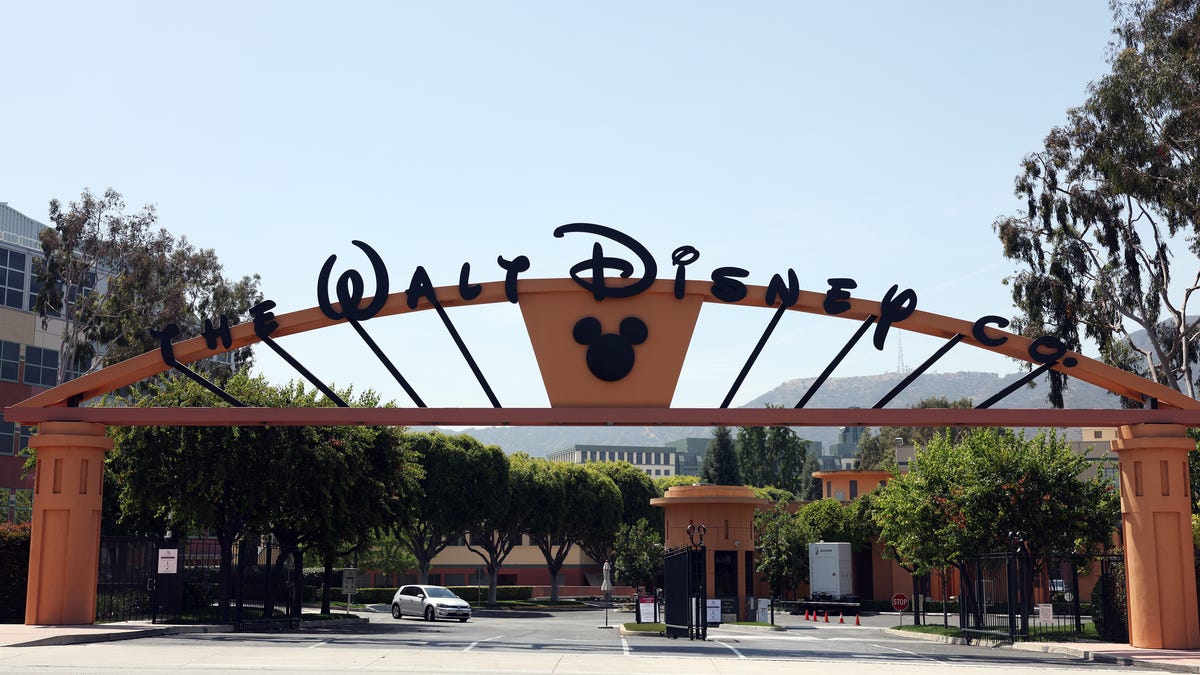Disney Channel, ESPN Lose 2 Million Subscribers Each

The Walt Disney Co. lost millions of cable network subscribers, and bought the remainder of the company that powers Disney Plus.
Dania Maxwell/Getty Images
Both Disney Channel and ESPN each lost 2 million subscribers this fiscal year, The Walt Disney Co. reported Tuesday. At 74 million subscribers, the two cable networks are the media conglomerate’s largest, according to the filing Disney disclosed through the Securities and Exchange Commission.?
The subscriber loss reflects the media industry’s struggle to retain customers and satisfy consumer needs in the streaming era. Simultaneously, Disney lost $4 billion in its direct-to-consumer services last year, according to the filing. Other channels, like FX, Freeform and National Geographic, lost 3 million subscribers each, Disney noted.?
Disney also bought the last outstanding share of BAMTech — the company that powers the company’s streaming offerings — for $900 million, it disclosed in the filing.
With the purchase of Major League Baseball’s 15% stake, Disney now owns all of the streaming technology services company that delivers Disney Plus, Hulu and other direct-to-consumer services. The company, now known as Disney Streaming, was formed in 2000 as MLB Advanced Media to run the league’s online operations and its MLB.com website before a shift in focus to streaming led to a spin-off of the streaming division then known as BAMTech.
Disney’s interest in the company began in 2016 with a $1 billion investment that gave it a 33% stake, with an option to acquire a greater ownership stake over the years. A year later, it paid an additional $1.58 billion for a 75% stake, and last year, the company bought the National Hockey League’s 10% stake for $350 million.
The acquisition was completed in November, amid the company’s board of directors’ surprise move to oust CEO Bob Chapek and bring back former chief Bob Iger as Chapek’s replacement. Iger will fill the role for two years, the board said, to “set the strategic direction for renewed growth.”